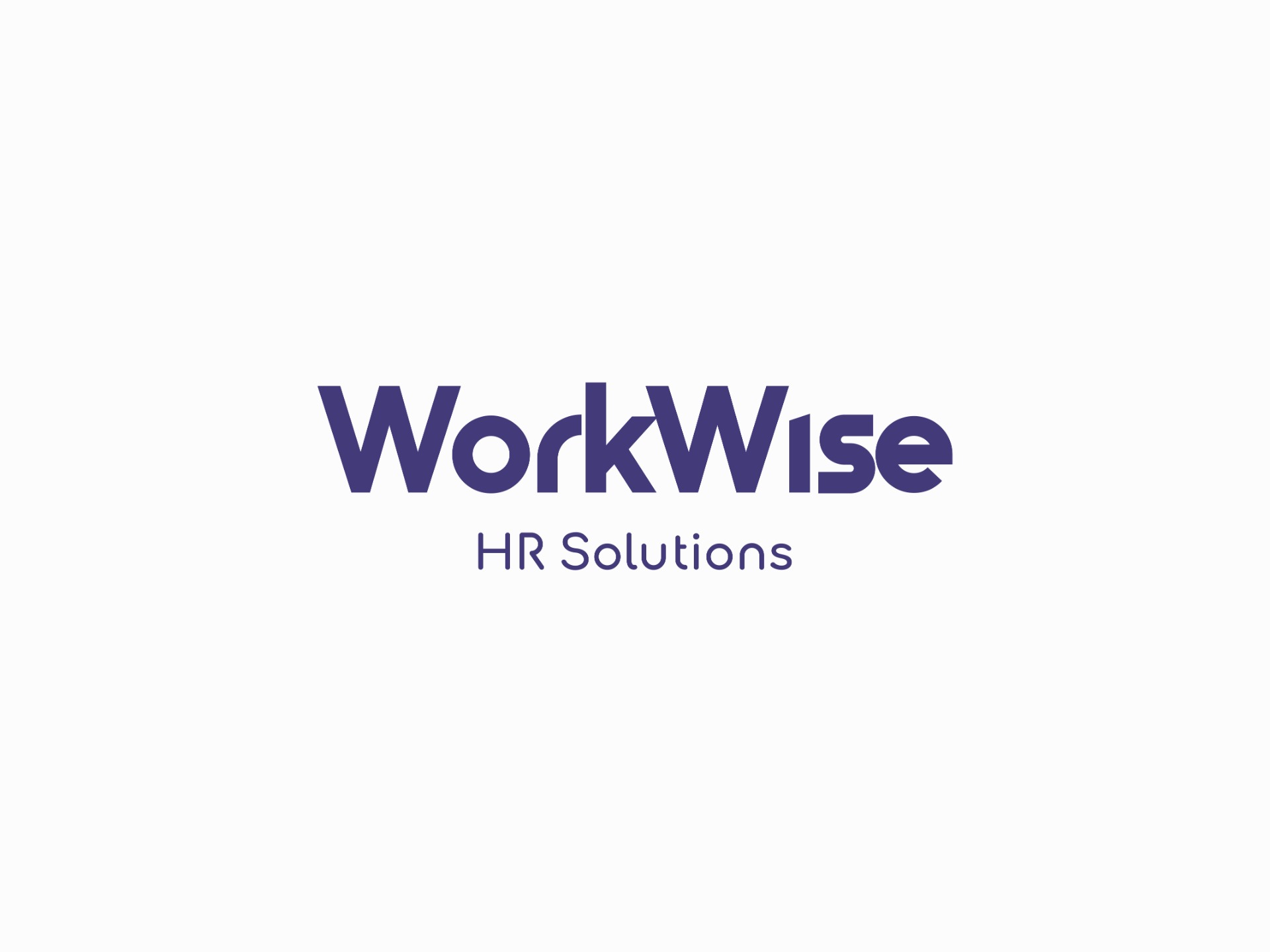Diversity, Equity, and Inclusion in Ireland: A Legal and Practical Perspective
Diversity, Equity, and Inclusion (DEI) are increasingly recognized as essential components of a thriving workplace in Ireland. As businesses strive to create environments that value individuality and foster belonging, understanding the legal framework and proposed changes to equality legislation is crucial for managers and business owners. This article explores DEI in Ireland, focusing on the Employment Equality Acts 1998-2015 and the proposed amendments under the Equality (Miscellaneous Provisions) Bill 2024.
The Employment Equality Acts 1998-2015
The Employment Equality Acts 1998-2015 form the backbone of Ireland's equality legislation, prohibiting discrimination across nine protected grounds:
Gender
Civil status
Family status
Sexual orientation
Religion
Age
Disability
Race
Membership of the Traveller community
These Acts apply to all aspects of employment, including recruitment, promotion, training, pay, and dismissal. Employers are obligated to ensure equal treatment and provide reasonable accommodations for employees with disabilities. The Acts also allow for positive action measures, enabling employers to address historical inequalities and promote diversity in the workplace.
What is DEI?
Diversity: Celebrating differences in race, gender, age, sexual orientation, religion, disability, and more. Diversity ensures representation across all levels of an organization.
Equity: Providing fair opportunities and addressing systemic barriers that prevent individuals from reaching their full potential. Equity goes beyond equality by recognizing that different people may need different support to succeed.
Inclusion: Creating a culture where everyone feels they belong, their voices are heard, and their contributions are valued.
Why DEI Matters for Businesses
Enhanced Innovation: Diverse teams bring varied perspectives, leading to creative solutions and better decision-making.
Improved Employee Engagement: Inclusive workplaces boost morale, loyalty, and productivity.
Stronger Reputation: Companies that prioritize DEI are seen as ethical and forward-thinking, attracting top talent and customers.
Legal Compliance: Adhering to DEI principles ensures compliance with Irish equality laws, reducing the risk of discrimination claims.
Proposed Changes to Equality Legislation
The Equality (Miscellaneous Provisions) Bill 2024 introduces significant amendments to the Employment Equality Acts and the Equal Status Act. These changes aim to strengthen workplace protections, enhance transparency, and improve access to justice for individuals facing discrimination. Key proposals include:
Pay Transparency
Employers will be required to include salary ranges in job advertisements and justify specific criteria sought from applicants. This aligns with the EU Pay Transparency Directive and aims to reduce pay disparities, including the gender pay gap. Additionally, employers will no longer be permitted to ask candidates about their current or previous remuneration, addressing systemic pay inequality.Extended Timeframes for Complaints
The deadline for lodging discrimination complaints with the Workplace Relations Commission (WRC) will increase from 6 months to 12 months, with a possible extension to 18 months for reasonable cause. This change acknowledges the barriers individuals—especially from marginalized groups—face in seeking redress.Recognition of Intersectional Discrimination
The Bill explicitly recognizes intersectional discrimination, where individuals face bias on multiple grounds (e.g., race and gender). This amendment strengthens protections and ensures a more inclusive approach to workplace equality.Targeted Recruitment Initiatives
Employers will be permitted to implement positive action measures, such as targeted recruitment campaigns, to support underrepresented groups, including people with disabilities.Simplified Equal Status Complaints
Jurisdiction for equal status complaints involving licensed premises will be transferred from the District Court to the WRC, making resolution simpler and more accessible.Increased Compensation Limits
Compensation limits under the Equal Status Act will rise significantly, ensuring penalties are effective and in line with EU standards. Adjudicators will receive clearer guidelines on awarding compensation, promoting fairness and consistency.
DEI in Practice: How Businesses Can Lead the Way
Creating a truly inclusive workplace requires more than just policies—it demands proactive efforts from businesses to embed Diversity, Equity, and Inclusion (DEI) into their organizational culture. By leading the way with practical strategies, companies can transform their workplaces into environments where every employee feels valued, respected, and empowered to succeed.
Recruitment: Implement unbiased hiring practices, such as blind CV reviews and diverse interview panels.
Training: Provide DEI training to employees and managers to foster awareness and understanding.
Policies: Develop clear policies that promote equity and inclusion, including anti-discrimination and harassment guidelines.
Employee Resource Groups: Support groups that represent diverse communities within the workplace.
Leadership Commitment: Ensure leaders champion DEI initiatives and set measurable goals for progress.
Moving Forward
As Ireland continues to advance its equality legislation, businesses must stay informed and proactive. Reviewing recruitment policies, pay practices, and workplace equality measures is essential to ensure compliance and foster a culture of inclusion. By embracing DEI, employers can create workplaces where everyone feels valued and empowered to contribute.
From crafting bespoke policies that align with the latest equality legislation to delivering expert-led DEI training and supporting unbiased recruitment processes, WorkWise ensures your workplace fosters a culture of belonging and respect.

Contact Us: Info@workwisehr.ie

